I was talking with my wife this afternoon. It has been awhile. I was on the road three of every four days over the past two weeks and she’d spent the weekend with the kids in Richmond.
It was good to talk.
And as is usual, my wife did most of the talking. That’s because she usually has more interesting things to say than I do.
 And then she talked about something that floored me. It is a new mental disorder that, according to my wife will likely be headed to the DSM IV. For the uninitiated that is the Diagnostic and Statistical Manual of Mental Disorders. My wife should know. She’s a licensed social worker who works for the county mental health system.
And then she talked about something that floored me. It is a new mental disorder that, according to my wife will likely be headed to the DSM IV. For the uninitiated that is the Diagnostic and Statistical Manual of Mental Disorders. My wife should know. She’s a licensed social worker who works for the county mental health system.
The disorder?
Gender disappointment disorder.
That is, people getting depressed, anxious, pissed off, and otherwise mentally unbound because the baby was a boy … and they wanted a girl. Or vice versa. Yes, friends, this is a real issue with today’s parents. This, according to an article in Elle magazine by Ruth Shallitt Barrett entitled “Girl Crazy: Women Who Suffer from Gender Disappointment.”
As one would think given the source, Elle focuses on women. Specifically, the article is a series of stories of women who are depressed, medicated, and miserable … all because they had a little Johnny instead of a little Jane. (Apparently most women desperately want girls, not boys.)
You really have to read this stuff to believe it. And even after I read it I find it difficult to believe. Here’s one of my favorites …
“The way society is now—I feel there’s a preference for girls,” says Linda Heithaus, a marine biologist from Hollywood, Florida, who has two sons and is contemplating doing IVF/PGD in the hope of getting a girl. “They can do everything a boy can do, plus you can dress them up. It’s almost like, to fit in, you need to have one.” Girls, in other words, are boys plus. They can play sports and have careers, and you can dress them in pink and take them to tea at the American Girl café. What’s not to like?
There are no shortage of heated discussions on the subject. Go to BabyGaga, or Just Mommies or the talk on Digg .
It is easy to wonder what is worse — these women having little boys and suffering mental illness … or these women having little girls and having the little girls suffering a mental illness.
Someone needs to tell these people that having a baby isn’t like going to Starbucks and ordering a half-caf latte.
Hey gals, it is not about you!
 Having failed to respond to email in a timely way, been horribly inconsistent in updating my Facebook page, tried and failed to consistently use my Twitter account, and totally spaced out on our corporate blog and Yammer platform.
Having failed to respond to email in a timely way, been horribly inconsistent in updating my Facebook page, tried and failed to consistently use my Twitter account, and totally spaced out on our corporate blog and Yammer platform.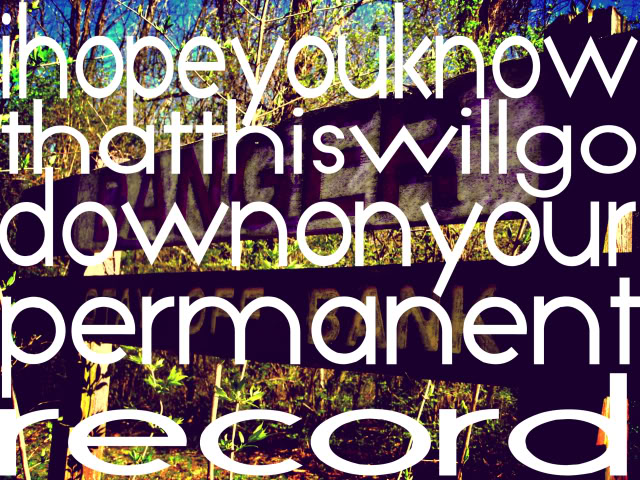 Well, since I don’t hear you saying anything I’ll tell you what I think of.
Well, since I don’t hear you saying anything I’ll tell you what I think of. That’s what my daughter said excitedly as she told me about her new english major courses at George Mason University. The excitement in her voice and the enthusiasm in her eyes made her impromptu presentation contagious.
That’s what my daughter said excitedly as she told me about her new english major courses at George Mason University. The excitement in her voice and the enthusiasm in her eyes made her impromptu presentation contagious.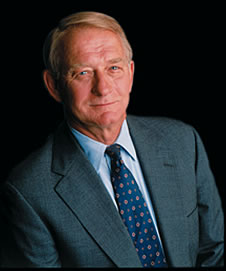 I worked for Jody first at Ogilvy and Mather and then as one of the original Powell Tate team. He was a great mentor and an even greater friend. He was at the same time demanding and incredibly forgiving. He was a hard nosed negotiator and also extremely generous. He was loyal to those close to him but also open to others. His care for people went beyond the individual. He made an indelible impact not only on me, but also on my wife and children.
I worked for Jody first at Ogilvy and Mather and then as one of the original Powell Tate team. He was a great mentor and an even greater friend. He was at the same time demanding and incredibly forgiving. He was a hard nosed negotiator and also extremely generous. He was loyal to those close to him but also open to others. His care for people went beyond the individual. He made an indelible impact not only on me, but also on my wife and children. Last Sunday I started on a series of email exchanges with friends on things theological. What prompted the online discussion was a close friends’ bridling at the Pontiff’s message to the Kennedy family following Senator Ted Kennedy’s death. The discussion took many different twists and turns and involved several people — some you’d recognize — but ended (or last left off at …) in a discussion of faith and works. The closing observations even included the catchy and often derided “
Last Sunday I started on a series of email exchanges with friends on things theological. What prompted the online discussion was a close friends’ bridling at the Pontiff’s message to the Kennedy family following Senator Ted Kennedy’s death. The discussion took many different twists and turns and involved several people — some you’d recognize — but ended (or last left off at …) in a discussion of faith and works. The closing observations even included the catchy and often derided “ According to
According to 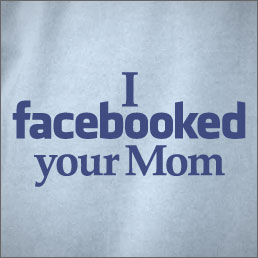 I wonder if Eisenberg would be so charitable if someone else was Tweeting about him every time he, say, applied for a job or pitched a show idea.
I wonder if Eisenberg would be so charitable if someone else was Tweeting about him every time he, say, applied for a job or pitched a show idea.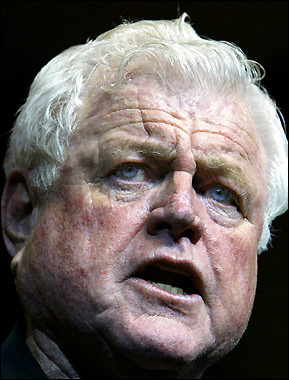 Some may focus on the flaws of Ted Kennedy. But whether you are right or left, conservative or liberal, religious or secular, what should him a role model for us all was his unique combination of two things: genuine personal compassion combined with a strong work ethic.
Some may focus on the flaws of Ted Kennedy. But whether you are right or left, conservative or liberal, religious or secular, what should him a role model for us all was his unique combination of two things: genuine personal compassion combined with a strong work ethic.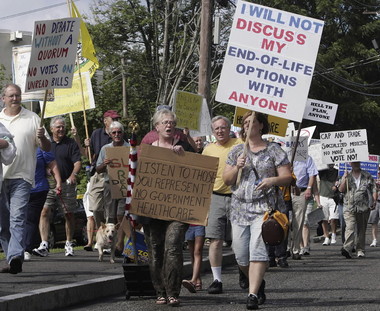 If you want a lesson on how to defuse outrageous claims with a combination of simple language, mild put-downs, some humor, and compelling logic,
If you want a lesson on how to defuse outrageous claims with a combination of simple language, mild put-downs, some humor, and compelling logic, 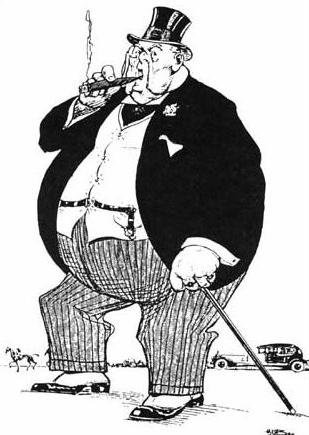 Then along comes the great market meltdown. Unregulated capitalism goes crazy. Markets melt down. Some capital owners get dinged but most capitalists do well. Meanwhile consumers take it on the chin. CEOs still pull down healthy checks but blue collars are standing in welfare lines.
Then along comes the great market meltdown. Unregulated capitalism goes crazy. Markets melt down. Some capital owners get dinged but most capitalists do well. Meanwhile consumers take it on the chin. CEOs still pull down healthy checks but blue collars are standing in welfare lines.